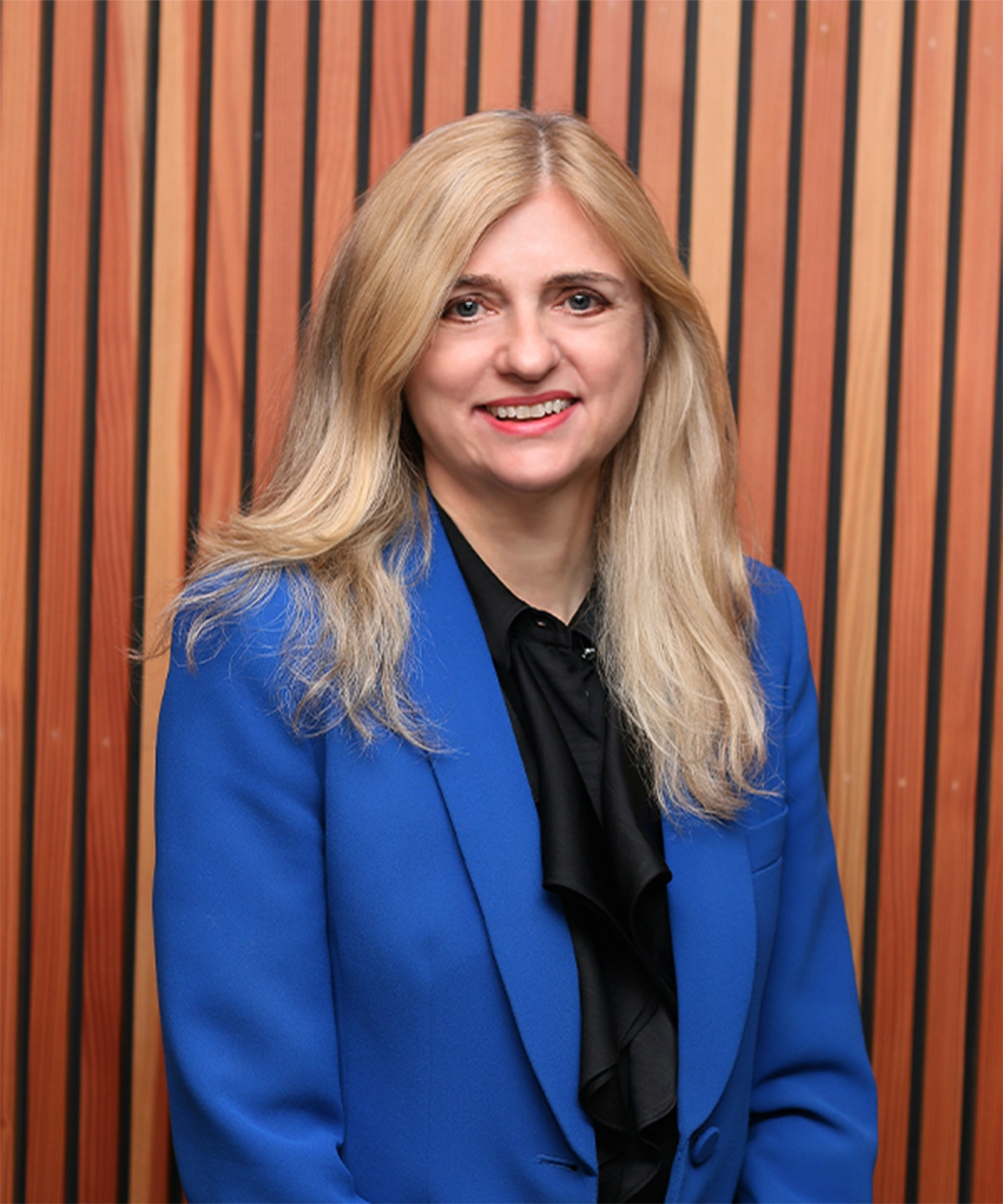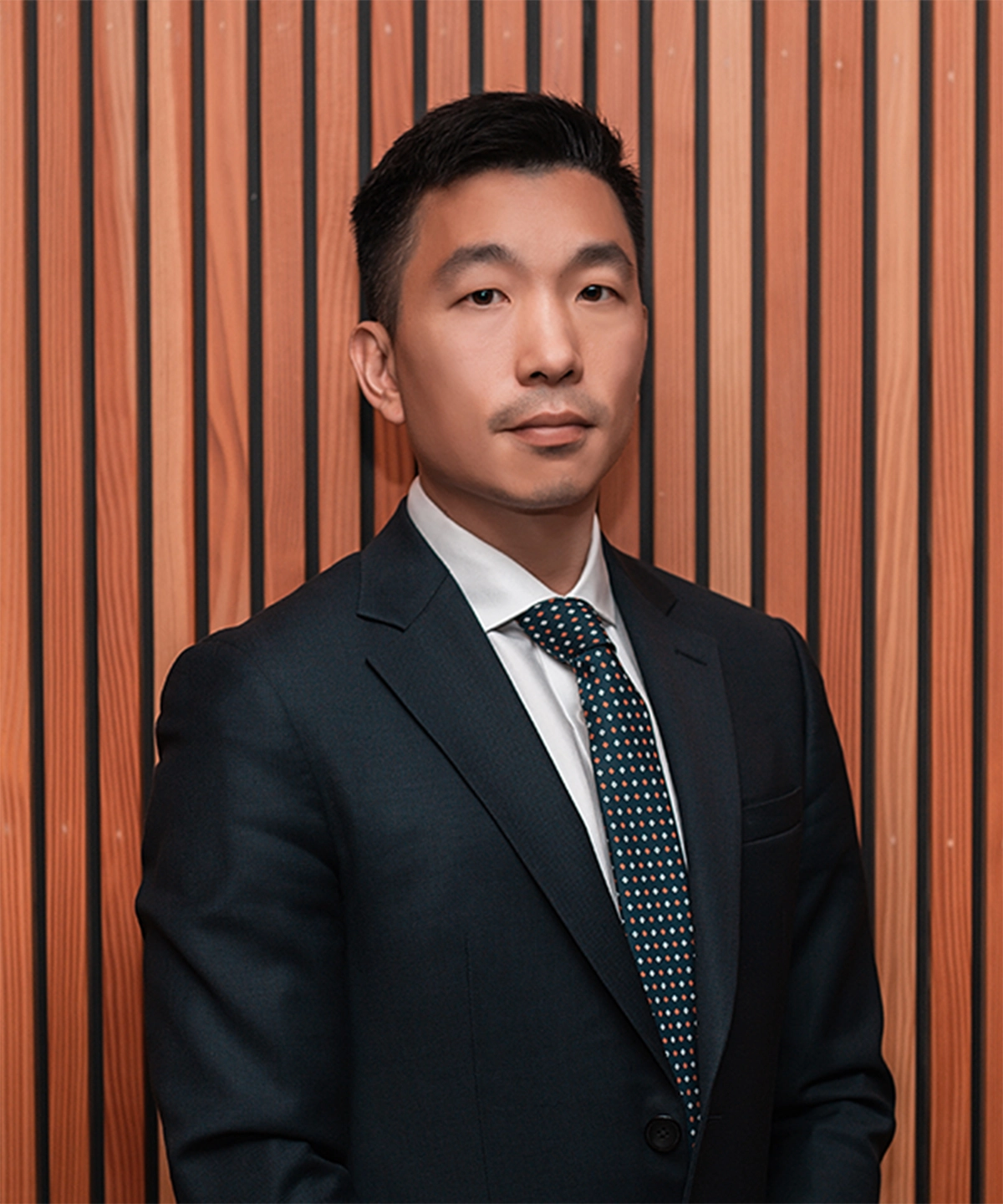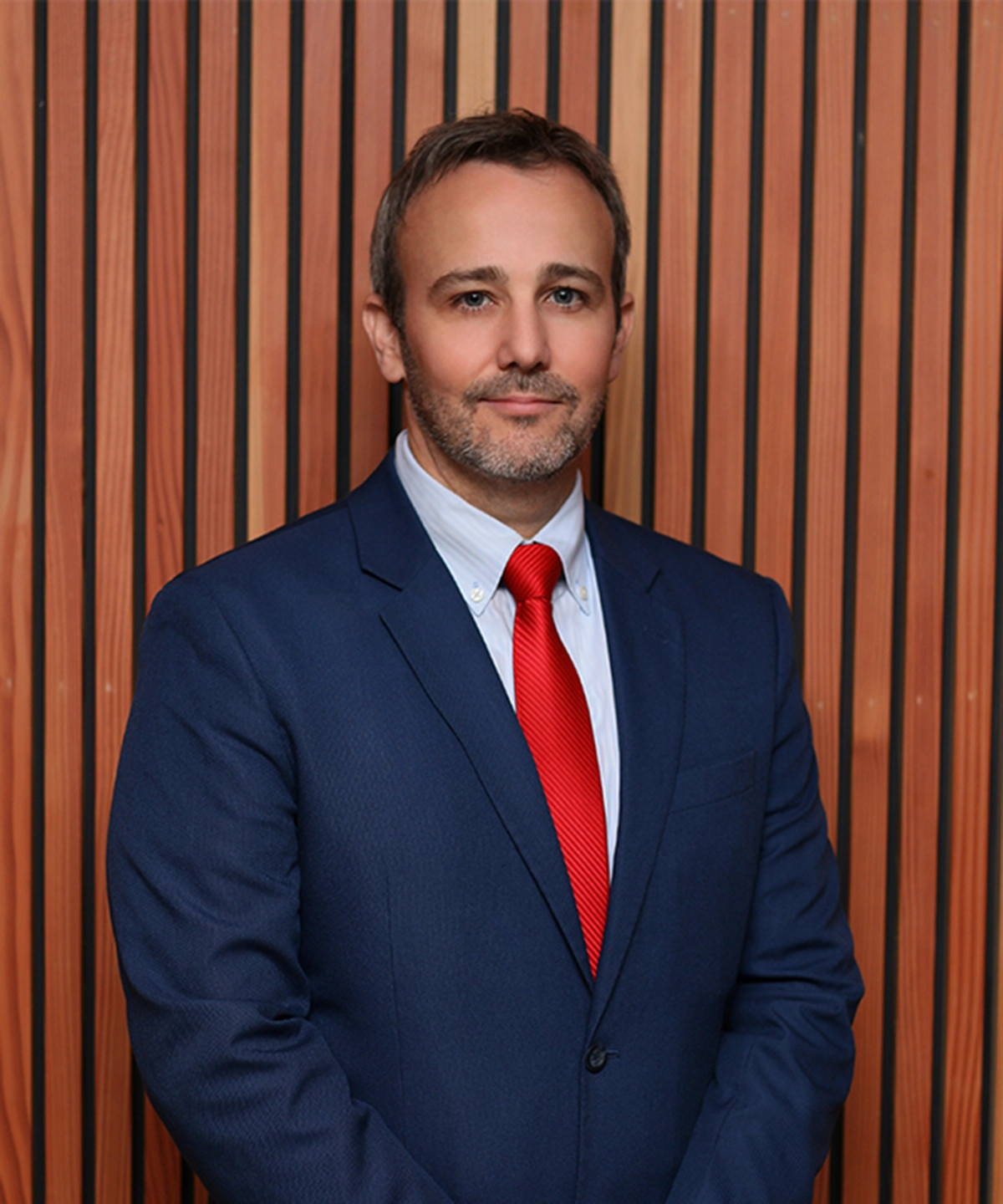Hong Kong Regulatory Compliance
Structuring a private equity fund to be marketed in Europe
17 Nov 2014 Insights
Contact
Structuring a Private Equity Fund to be Marketed in Europe
Summary
Alternative Investment Fund
In respect of the setting up of the proposed fund to be marketed to high-net worth individuals in Europe, it appears that the fund would fall outside the UCITS regime and would instead constitute an “Alternative Investment Fund” (AIF) which would come within the scope of Alternative Investment Fund Manager Directive (AIFMD). AIFs include EU AIFs and non-EU AIFs.
Marketing Funds in the EU by non-EU AIFM
The AIFMD creates a single market place within the EU for the marketing of AIFs (a marketing “passport”).
Options for a non-EU AIF manager
The following are the main options for a non-EU AIF manager (AIFM) to market funds in the EU.
- Marketing both EU AIFs and non-EU AIFs by a non-EU AIFM to professional investors in EU member states pursuant to national private placement rules
- this, however, may not be available to a Hong Kong (HK) licensed manager
- Engaging an external existing EU AIFM to market the fund or establishing and marketing a self-managed fund (the “plug and play” option).
- the external existing EU AIFM or the self-managed fund can then delegate some of its management function to a non-EU investment manager
- Establishing a stand-alone EU AIFM to market the fund; or
- Relying on the “reverse solicitation” / passive marketing exception, if applicable.
Marketing an AIF by an external EU AIFM
- A fund may be set up in Luxembourg, Ireland, Malta (i.e. an EU AIF) or in a non-EU jurisdiction (i.e. a non EU AIF)
- Such AIF to be managed by an external existing EU AIFM
- The AIFM will in principle be allowed to delegate investment management to a Hong-Kong licensed fund manager, subject to certain conditions
- It is a preferred option if the client is looking for a quick to market strategy without having to set up a physical presence in the EU.
- The fund can be marketed in Europe (eg. Spain) by an EU AIFM.
Self-managed AIF
- Alternatively, the fund itself can seek to be authorised as an AIFM and become a self-managed AIF.
- This option will take a longer time and will be more costly.
- The self-managed AIF could delegate some of its management functions to a non-EU investment manager (such as a HK licensed manager), subject to conditions.
- This investment manager would not be the AIFM and therefore would not be required to comply with the AIFMD.
- This option might be worth considering if the client is only seeking to market a single fund in the EU.
- Potentially this option could also be combined with a master / feeder structure (with the self-managed AIF as an EU feeder into a master fund).
Cost and timing
In general, it will be quicker and relatively less costly to set up a fund in Malta.
- However, nearly all funds set up in Malta are in corporate form (as investment companies).
- For a fund set up in the form of a limited partnership, Ireland or Luxembourg may be better choices.
- As between Ireland and Luxembourg, it may be less costly to set up an Irish fund.
Local requirements in an EU member state such as Spain
Documentation of a foreign fund (namely, a non-Spain domiciled fund to be marketed in Spain) has to be adapted to comply with local Spanish rules.
- Final wording needs to be agreed with Spanish authorities.
- Filings in Spain in respect of such foreign fund also need to satisfy the Spanish authorities, which tend to be strict.
- Input from a Spanish lawyer would be required.
Overview of AIFMD
AIFMD
- The AIFMD creates a single market place within the EU for the marketing of AIFs.
- Main options for a non-EU AIFM to market funds in the EU :
- Marketing both EU AIFs and non-EU AIFs to professional investors in EU member states pursuant to national private placement rules – this option may not be available to a HK licensed manager;
- “Plug and play” option using either a self-managed fund or an existing EU AIFM;
- Establishing a stand-alone EU AIFM; or
- Relying on the “reverse solicitation” / passive marketing exception if applicable – again, this does not appear to be suitable in our case.
National private placement rules
National private placement rules (“NPPRs”)
- Until July 2015, non-EU managers may, subject to below, market investment funds in the EU subject to NPPRs
- The ability to market under NPPRs is dependent on the marketing rules applicable in each EU member state.
- An EU member state may only allow private placement where there is a cooperation agreement in place between the EU member state where the AIF is marketed, the supervisory authority where the non-EU AIFM (i.e. HK) is established and the supervisory authority of the third country where the AIF is established.
- Other requirements for non-EU AIFMs seeking private placement of AIFs under AIFMD include:
- annual reporting;
- mandatory investor disclosure obligations; and
- regular reporting to the relevant EU member state authorities (i.e. in each of the EU member states into which they intend to privately place their AIFs) with respect to a list of prescribed matters.
Self-managed AIF
- Self-managed AIF
- If it is not possible to rely on NPPRs to market the fund to Spanish investors, an alternative may be to establish a self-managed AIF.
- The AIFMD provides that an AIF may be either externally or internally managed.
- It could therefore be possible to establish a self-managed AIF in Luxemburg, Ireland or Malta which could itself be the authorised AIFM.
- The self-managed AIF could delegate some of its management functions to a non-EU investment manager (such as a HK licensed manager). This investment manager would not be the AIFM and therefore would not be required to comply with the AIFMD.
- However, AIFMD does not permit a self-managed AIF to delegate its functions to such an extent that it can no longer be considered to be the manager and becomes a “letter box” entity.
- Self-managed AIFs are required to maintain a minimum capital of €300,000.
- This option may be worth considering if the client is only seeking to market a single fund in the EU.
- Potentially this option could also be combined with a master / feeder structure (with the self-managed AIF as an EU feeder into a master fund).
Appoint a third party AIFM
Third party AIFM
Another option is to outsource AIFM responsibilities to an external existing AIFM.
- Such third party may then delegate portfolio management back to the client manager.
- This may be the preferred option if the client is looking for a quick to market strategy without having to set up a physical presence in the EU.
Establish a stand-alone AIFM
Stand-alone AIFM
- The feasibility of this option would depend on whether the level of capital raising in the EU would justify the time and resources necessary to establish a permanent presence in the EU.
- The key advantage of establishing a stand-alone AIFM would be the ability to passport into the EU market.
- However, this advantage is also available with the plug and play option.
- That is to engage an external existing EU AIFM to market the fund or establish a self-managed fund.
- The external existing EU AIFM or the self-managed fund can then delegate some of its management function to a non-EU investment manager.
- However, there will be some loss of control over certain fund management functions.
Reverse solicitation
- It may be possible to rely on the so-called “reverse solicitation” provisions under AIFMD to sell interests in the proposed funds to Spanish investors.
- AIFMD defines marketing as
- “any direct or indirect offering or placement at the initiative of the AIFM or on behalf of the AIFM of units or shares in an AIF it manages to or with investors domiciled” in the EU
- Reverse enquiries by investors are not caught by AIFMD, meaning that “passive” marketing by AIFMs would not be considered to be “marketing” under AIFMD.
- However, the client would need to maintain records which clearly show that the investment was a reverse solicitation and not the result of direct or indirect marketing by or on behalf of the client.
Setting up an EU AIF – Luxembourg
LUXEMBOURG
SICARs or SIFs
- There are two types of Luxembourg investment vehicles which may be suitable for your client:
- the specialised investment fund ( “SIF”); and
- the investment company in risk capital (“SICAR”)
- SIFs and SICARs are both regulated and supervised by the Commission de surveillance du secteur financier (the “CSSF”)
- SICARs are specifically designed for venture capital and private equity
- SIFs are investment funds that have to respect the principle of risk spreading and whose goal is not the management and development of underlying companies
- Usually a SICAR or a SIF may be set-up within 3 to 4 months
AIFM
- Based on the contemplated initial size of the fund, it is very likely that the fund will have either to appoint an external AIFM to manage the fund or to be authorised itself as an AIFM (in this case, the fund will be self-managed).
Management of the fund
- The fund could either be managed by an EU or a non-EU AIFM.
- If managed by a third-party external EU AIFM (for example an AIFM already existing and approved in Luxembourg), the AIFM will in principle be allowed to delegate the investment management to your client, the Hong-Kong licensed fund manager.
- If the fund appoints a third-party external AIFM, the fund may also be set up within 3 to 4 months.
- If the client wishes to be the AIFM of the fund, it will have to be approved by the CSSF as a non-EU AIFM.
- this option will take more time (at least a total of 6 months) and will be more expensive.
- The fund may also opt to be approved as an AIFM.
- this option will also take more time (at least a total of 6 months) and will be more expensive
- If the management of the fund is not governed by the provisions of the AIFM law, the fund will have to be managed in Luxembourg (either self-managed or managed by a management company).
Marketing of the fund
- The marketing of the fund in an EU member state might be impacted depending on whether the fund would benefit from the AIFM passport or not (i.e. private placement rules)
- input from a lawyer from an EU lawyer is required
Setting up an EU AIF – Ireland
IRELAND
It is possible to establish a fund in Ireland to be managed by an external AIFM or to be established as a self-managed AIF which could itself be the authorised AIFM.
Management of the fund
- The fund could either be managed by an EU or a non-EU AIFM.
- If managed by a third-party external EU AIFM (for example an AIFM already existing and approved in Ireland), the AIFM will in principle be allowed to delegate the investment management to your client, the Hong-Kong licensed fund manager.
- As the third party AIFM already has a licence, it would facilitate quick approval of the investment fund.
- There are several service providers in Dublin which could provide this “plug and play” option.
- The fund may seek to be approved as an AIFM – this option will also take more time and will be more expensive.
Marketing of the fund
- In respect of marketing of the fund in that particular EU member state, input from a lawyer from that EU member state is required
Setting up an EU AIF – Malta
MALTA
Legal form
- Funds in Malta can take the corporate form either as:
- a (public or private) investment company with variable share capital (SICAV); or
- a (public) investment company with fixed share capital (INVCO); or
- a limited partnership (LP).
- Nearly all funds in Malta have been set up as SICAVs –
- the legal form practitioners and the regulator, Malta Financial Services Authority (MFSA) are mostly familiar with; and
- the legal form which is most appropriately catered for through local legislation.
- A SICAV is by definition more apt for open-ended funds and which has also been used in practice for closed-ended funds.
Regulatory classification
- 2 available options for structuring the fund:
- the Alternative Investment Fund; or
- the Professional Investor Fund
1) Alternative Investment Fund (AIF)
- A Maltese AIF would need to be managed by a Maltese AIFM or by an AIFM established and authorised in some other EU member state and which has exercised its management passport under AIFMD to manage the Maltese AIF.
- This will entitle the manager to market (directly or on its behalf) the Maltese AIF to professional investors (as defined under AIFMD, namely investors who qualify as “professional clients” or who elect to be treated as such in terms of MiFID*) in any EU member state.
- A Hong-Kong licensed fund manager would not be able to act as the direct external manager of the fund and an EU established AIFM would need to be appointed.
* MiFID = the Markets in Financial Instruments Directive (Directive 2004/39/EC)
1) Alternative Investment Fund
- The HK manager may, however, remain involved by either:
- a) being appointed as an investment advisor by the AIFM (however in such case the AIFM would retain ultimate discretionary management powers and the HK investment advisor would only give non-binding advice / recommendation to the AIFM); or
- The HK manager may, however, remain involved by either:
- b) the AIFM can delegate part of the management functions to the HK manager, subject to all the conditions and requirements for such delegation as prescribed by AIFMD including:
- there be an objective reason for the delegation;
- delegation of portfolio or risk management functions be made only to entities which are authorised or registered for purposes of asset management and subject to supervision;
- in case such entities are outside the EU provided there is an adequate cooperation between the EU member state of the AIFM and the supervisory authority of the delegate; and
- that the AIFM does not delegate its functions to the extent that in essence it can no longer be considered as the Manager of the fund and to the extent that it becomes a letter-box entity.
- b) the AIFM can delegate part of the management functions to the HK manager, subject to all the conditions and requirements for such delegation as prescribed by AIFMD including:
2) the Professional Investor Fund (PIF)
- The fund may also be set up as a PIF.
- It is recommended to use the Qualifying Investor (as defined) or the Extraordinary Investor (as defined) categories to avoid the restrictions otherwise applicable to the Experienced Investor (as defined) PIF category .
- HK manager can actually be appointed as the direct external manager and without complying with the provisions of the AIFMD (except for the transparency and disclosure provisions).
- 3 main considerations:
- No passport to market the fund in the EU will apply, and the fund can thus only be marketed in an EU member state on the basis of, and to the extent allowed by, the NPPRs applicable in that particular EU member state.
- However, given there is no cooperation agreement entered into between the EU member state where the target investors of the AIF are located and the supervisory authority of the third country where the AIFM is established (i.e. HK), this PIF option may not be available.
- Separately, in July 2015, the EU passport may be extended to apply to non-EU AIFMs and non-EU funds, in which case the HK manager would need to get its business fully in line with AIFMD and get authorised as an AIFM by an EU Member State of Reference
Timing
- As regards timing, it roughly takes 8 to 10 weeks from submission to MFSA up to licensing, but varies from fund to fund
Setting up an EU AIF – Spain
LOCAL REQUIREMENTS IN SPAIN
Prior authorisation
- The incorporation of an investment fund in Spain requires prior authorisation from the Spanish securities market regulator, Comisión Nacional del Mercado de Valores (“CNMV”).
- On average, it would require between 4-8 months to obtain such authorisation, depending on whether a management company for the new investment fund has been designated, and whether the documentation is in order from the perspective of CNMV.
Recommended domiciles of the proposed fund
- Documents from foreign funds acceptable in other jurisdictions have to be adapted accordingly and provided to the CNMV and final wordings agreed with them.
- Luxembourg and Ireland are good places to establish a fund in the EU, provided the fund has been “passported” under the second banking directive.
- However, even if the fund is created under Irish or Luxembourg law and obtained the EU passport to operate in Spain, Spanish authorities tend to be particularly strict and require the filing of codes on investor complaints.
Preliminary local indicative fee
- Preliminary indicative fee ranges for between €15,000 – 30,000 (plus disbursements and VAT)
As Hong Kong solicitors, Charltons is only qualified to advise on Hong Kong law and we express no views as to the laws of any other jurisdictions.



